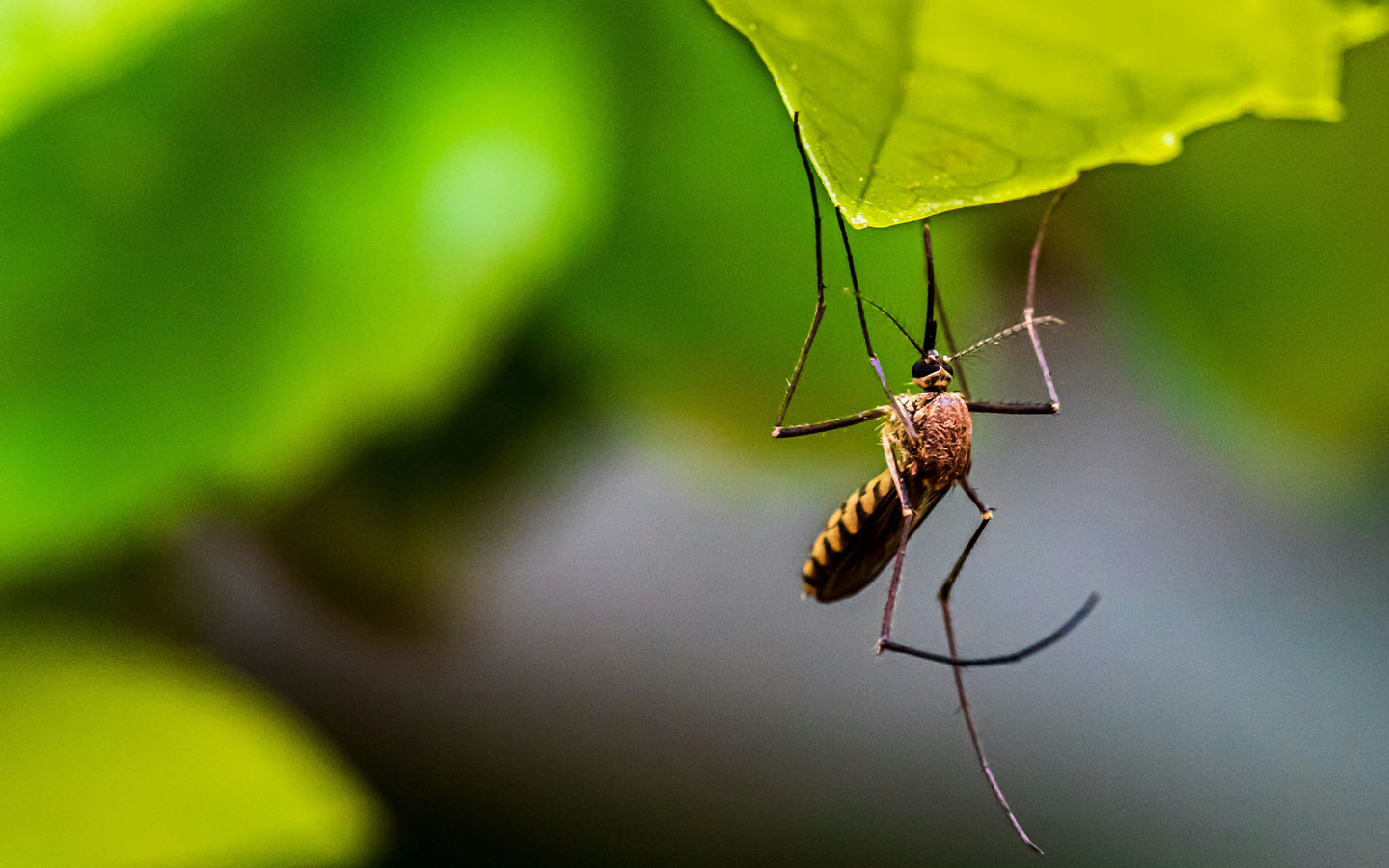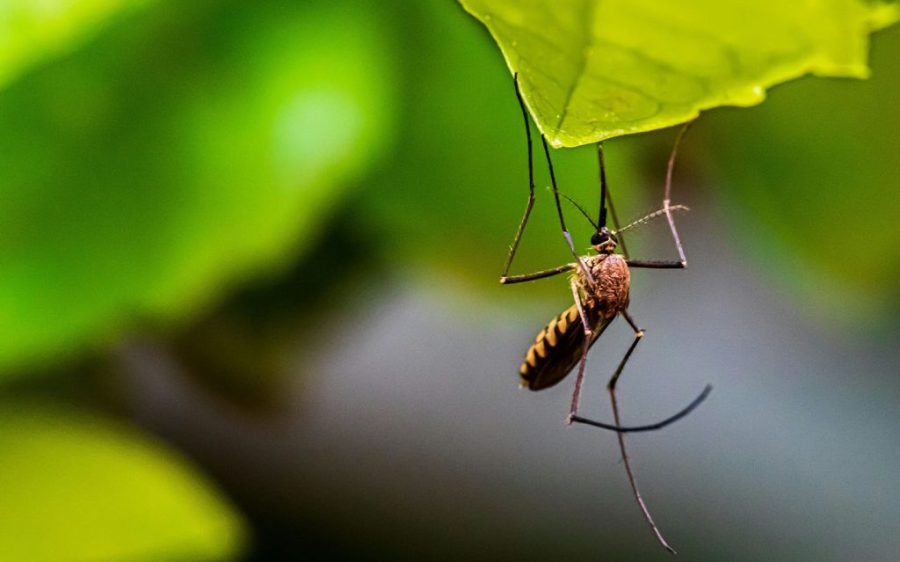The oviposition trap index, which measures the size of Macao’s mosquito population, reached an alarming level of 72.2 percent last month, TDM reports.
The figure significantly exceeds the June average of 65.8 percent for the past five years and comes in the wake of a dengue fever warning issued by local health officials three weeks ago.
The Health Bureau told TDM that it had stepped up its anti-mosquito operations, carrying out 248 thermal fogging operations last month and dozens of locations around the city.
[See more: China’s top Covid expert says climate change could spark the next pandemic]
Monitoring of stagnant water – favoured by mosquitoes as a breeding site – has also been intensified on all unoccupied land. Chan Chi Ian of the Centre for Disease Control and Prevention said that as well as looking for pools of water among the likes of plant pots and unattended buckets, personnel would comb through refuse and “check for leaking water in pipes and blocked drains.”
Dengue cases have been unusually high across Asia this year, with Singapore recording more than double its 2023 total, Malaysia seeing an increase of about 40 percent and cases recorded in Hong Kong and Guangzhou province.
The symptoms of dengue fever include high fever, severe headache, pain behind the eyes, muscle and joint pain, nausea, vomiting, swollen lymph nodes and rash.






